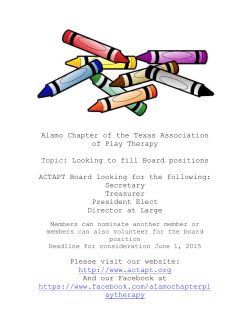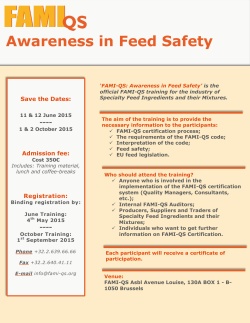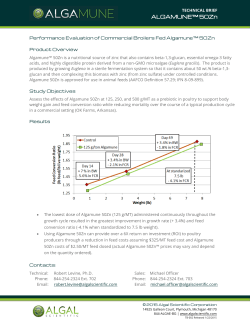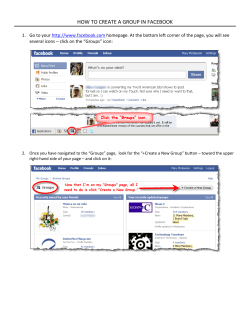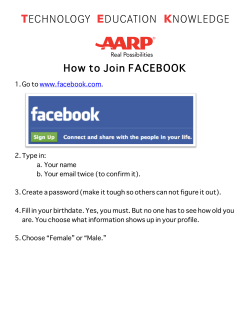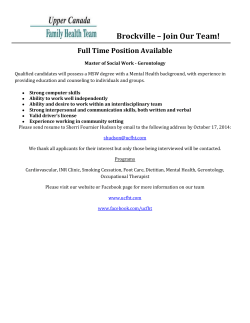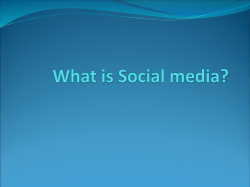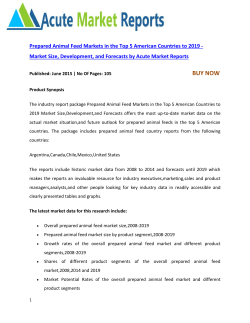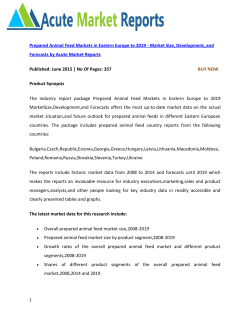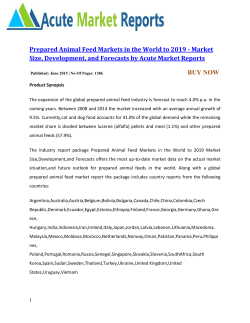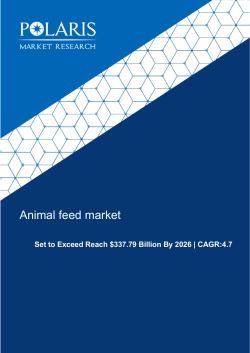
Follow the Algorithm
Problem Statement to Algorithm Audits half-day workshop Willian Fernandes Araújo http://willianaraujo.org willianfaraujo@gmail.com @willianfa fb.com/willianfa I'm a PhD candidate in Communication and Information at the Federal University of Rio Grande do Sul (UFRGS, Brazil). Currently, I'm in Barcelona as a visiting scholar at the Internet Interdisciplinary Institute (IN3/UOC). In the last years I have been researching automated actions in social networking sites, such as the information filtering process based on personalization dynamics and strategies of interaction induction. Algorithms are the core of this ecological structure that runs our information system, but given the current scenario it's a hard task to develop an approach that can open these “black boxes” in some way. Like many other scholars, I decided to face this challenge. My research follows a qualitative method that combines media studies, sociology and anthropology in a transdisciplinary approach. Inspired by the sociological studies of technology (predominantly the Actor-Network Theory and material semiotics) and by ethnography, I chose to study the Facebook News Feed algorithm. The project seeks to answer two broader questions: Firstly, how does the News Feed shape communication perception, and what is its impact on human relationships? And secondly, how do users start to understand themselves through the News Feed? Obviously, the study does not seek to do an audit. However, it can contribute with important notes about the guide logic of this process and how it is perceived by Facebook users. My strategies to answer these questions are based on studies about the ethnography of technology and they try to solve the main problem when we work with everyday mechanisms such as Facebook: as the FeedVis experiment showed, technological actions tend to disappear or to be invisible when they become mundane. Appropriating strategies of distinct knowledge contexts, principally the work of Bruno Latour (‘Where Are the Missing Masses?’, 1992; ‘Reassembling the Social’, 2005) and Christine Hine (‘Ethnography for the Internet’, 2015), the methodological proposal of my research takes care to develop strategies to make technological actions visible. It will enable the production of deep and contextual understanding through the researcher’s description. The following is a general description of these research strategies: - Follow the mechanism trajectory with a broad ‘digital archeology’: follow, through the abundant web fonts, all the News Feed changes (new tools, new designs, advances, retractions, etc.), looking for intentions, values and actions which users have acclimated to. - Follow the controversies: give more attention to cases that became controversial when there is more chance that some internal aspects became visible. One example would be Facebook’s manipulation of user news feeds to create emotional Responses (http://www.forbes.com/sites/gregorymcneal/2014/06/28/facebook-manipulated-usernews-feeds-to-create-emotional-contagion/). Following the public discussion made it possible to see how Facebook understands users’ actions and how they are an important factor in the filtering process. - Follow hackings: As important as understanding how Facebook conceptualizes its algorithms is to comprehend how users react to this mechanism. One interesting way is to follow some hackings, such as antiprograms of action, that seek to change these mechanisms. In this strategy it is possible to use cases of browser extensions such as Kill News Feed and News Feed Eradicator, where we can clearly see resistance against the sociality induction dynamics figured out on News Feed. - Follow everyday life: As Hine (2015) highlights, when the Internet became a part of everyday life, using ethnographic methods led “to the heart of meaning and enabling us to understand, in the round and in depth, how people make sense of their lives” through mechanisms such as algorithms. Unconscious, personal visibility tactics and invisibility narratives are both elements that we can find by observing and interacting with users of these mechanisms. Three goals that should be discussed in the workshop - How can an online public tool for personal data collection help understand algorithms without violating privacy terms? - Is it possible to think about legislation to regulate algorithms of informative systems? - What free tools can we use to improve an algorithm audit?
© Copyright 2025
